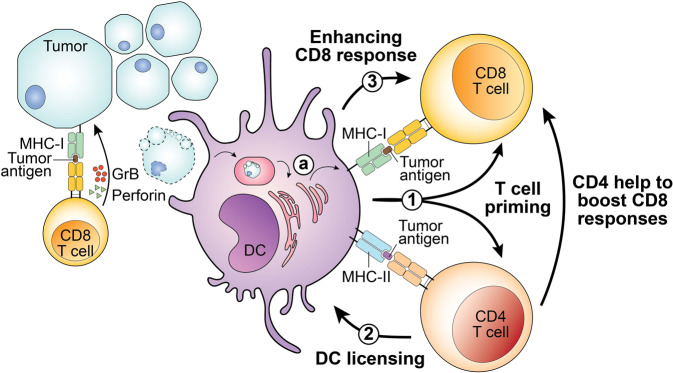Fig. 1. Conventional dendritic cells coordinate CD4 and CD8 T cell anti-tumor immune responses.
Tumor cells may process and present tumor-specific or -associated antigens on MHC class I molecules through the MHC-I antigen processing pathway. CD8 T cells recognize tumor antigens presented by tumor cells and may secrete granzyme B (GrB) and perforin to mediate cytotoxicity toward tumor cells. In addition, dendritic cells (DCs), particularly the conventional DC1 (cDC1) subset, play several roles in helping CD4 and CD8 T cells to target tumors. 1 DCs may process and present or cross-present, shown in (a) tumor-derived MHC-I– and MHC-II–restricted tumor antigens to CD8 and CD4 T cells, respectively. T cells that can recognize tumor-specific neoantigens bind to the neoantigen peptide:MHC complex, and become activated, in a process termed T cell priming. 2 Activated CD4 T cells can “license” cDC1 cells through CD40:CD40L signals. 3 Subsequently, cDC1 cells can further enhance CD8 T cell activation. In addition to indirectly helping to boost CD8 responses through cDC1-mediated licensing, CD4 T cells can also provide direct help to augment CD8 T cell responses.

